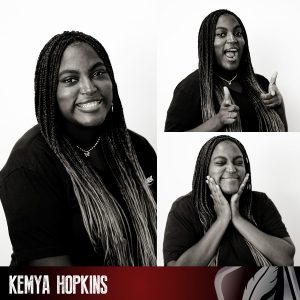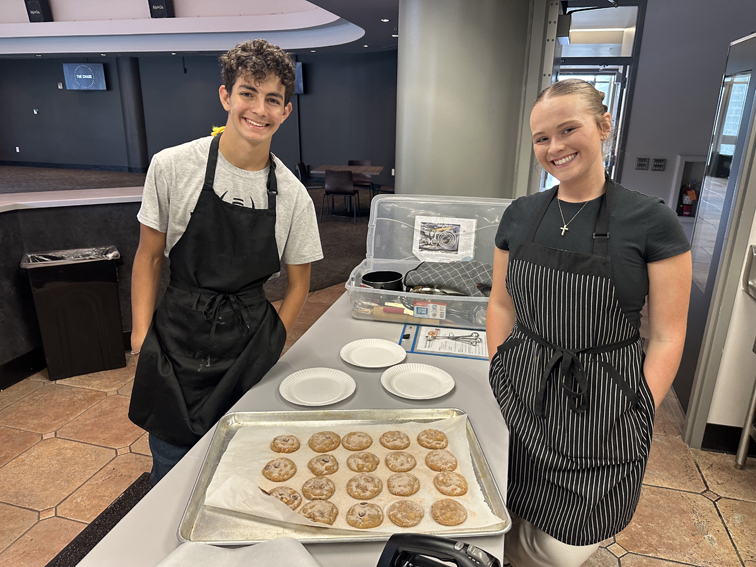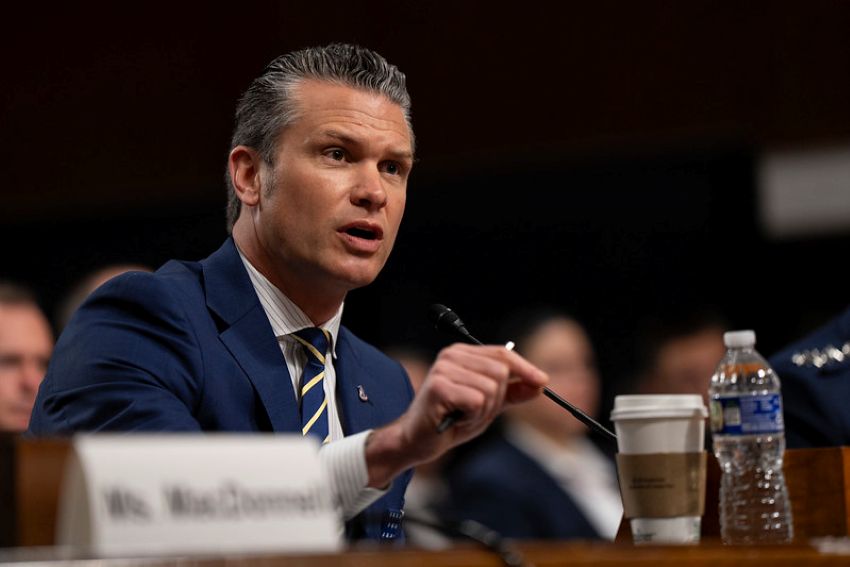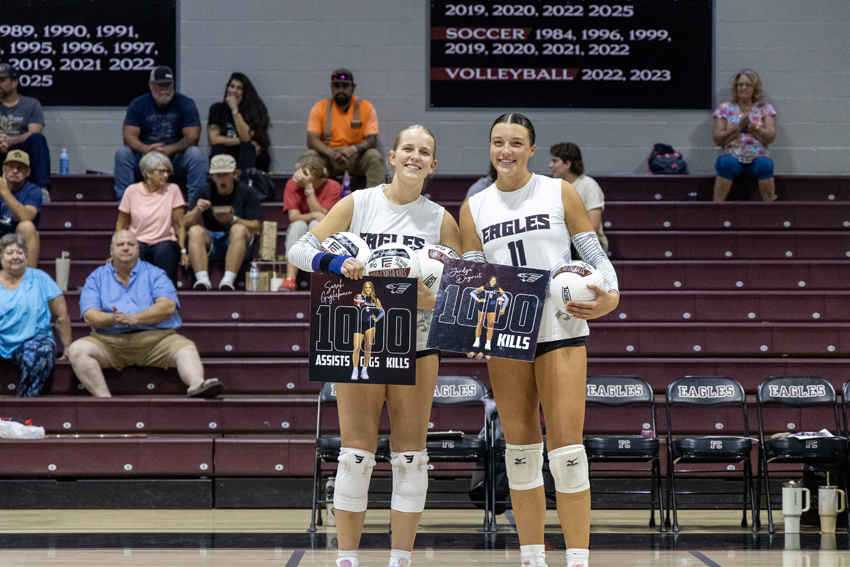With spring blooms Women’s History Month celebrated in March. Several countries observed the first International Women’s Day as a holiday on March 8, 1911 with the United Nations adopting it in 1975. Women’s History Month started at the local level in Santa Rosa, California. Our nation sets aside this day and now month to acknowledge and lift up the achievements of women through the decades. This year’s theme is “Women Who Advocate for Equity, Diversity and Inclusion.” Our Feather series will help highlight some of the women from diverse backgrounds who have shaped history and help illuminate the future for this generation.
Malala Yousafzai, a Pakistani girls’ education activist, survived an assassination attempt at age 15 and became one of the youngest people to win the Nobel Peace Prize in 2014. Yousafzai began advocating for girls’ education when she was still a child, which resulted in the Taliban issuing a death threat against her. In October 2012, a gunman shot Yousafzai when she was on her way home from school. She survived and became a Nobel laureate at age 17.
Born on July 12, 1997, in Mingora, Pakistan, Yousafzai’s hometown remained a popular tourist spot known for its summer festivals, for the first few years of her life. The area began to change as the Taliban tried to take control. After the Taliban began attacking girls’ schools in Swat, Yousafzai at age 11 gave a speech in Pakistan in September 2008. The title of her talk was, “How Dare the Taliban Take Away My Basic Right to Education?”
In early 2009, Yousafzai began blogging for the BBC about living under the Taliban’s threats to deny her an education. To conceal her identity, she used the name Gul Makai. However, her identity was revealed later that year.
Now with a growing public platform, Yousafzai continued to speak out about her rights, and the right of all women, to an education. Her bravery and activism resulted in the 2011 nomination for the International Children’s Peace Prize. In that same year, she was awarded Pakistan’s National Youth Peace Prize. In 2013 Malala wrote an autobiography about her life and experiences.
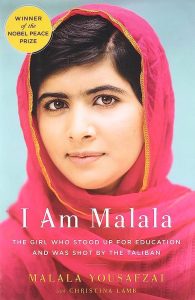
In the summer of 2018, Yousafzai met Asser Malik and although Yousafazi had her reservations about marriage, the two tied the knot in 2021. In a British Vouge article that same year, Yousafazi talks about why she was hesitant about marriage and questioned if she would even get married at all. “I still don’t have all the answers for the challenges facing women—but I believe that I can enjoy friendship, love, and equality in marriage,” said Malala Yousafazi in British Vogue.
In June 2020, Yousafzai graduated from Oxford University with a degree in philosophy, politics, and economics. Later that year she had also partnered with the company Apple. In 2022, Yousafzai served as an executive producer on the short documentary film Stranger at the Gate, which tells the story of how a former U.S. marine planned to commit a terrorist attack at an Indiana mosque before meeting a group of congregants there and finding his beliefs challenged.
To this day, Malala Yousafzai remains one of the most influential women in history. She is a recipient of more than 40 awards for her bravery and her activism. Her legacy keeps growing as she continues to inspire people and girls everywhere about their rights to education.
To read more about Malala Yousadzai go to Malala Yousafzai.
To read more from The Feather check out Athlete Spotlight: Izzy Adams Overcomes Surprising Injury and Black History Month: Gwendolyn Shapes History With Poetry.




